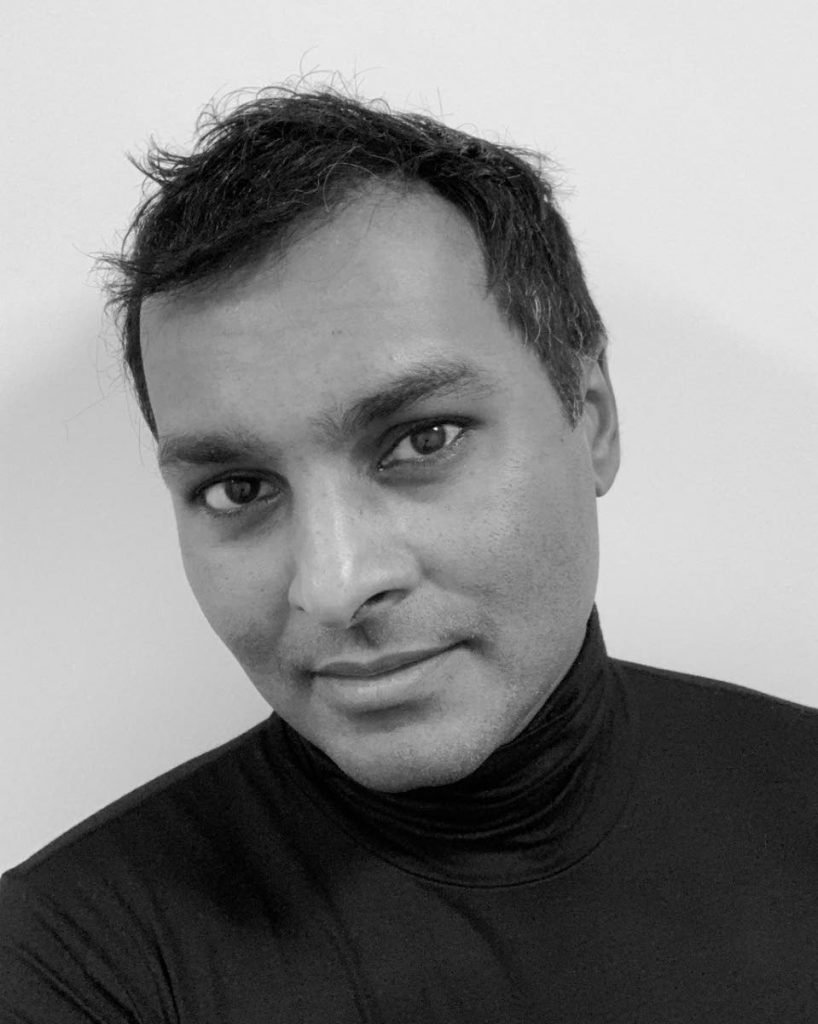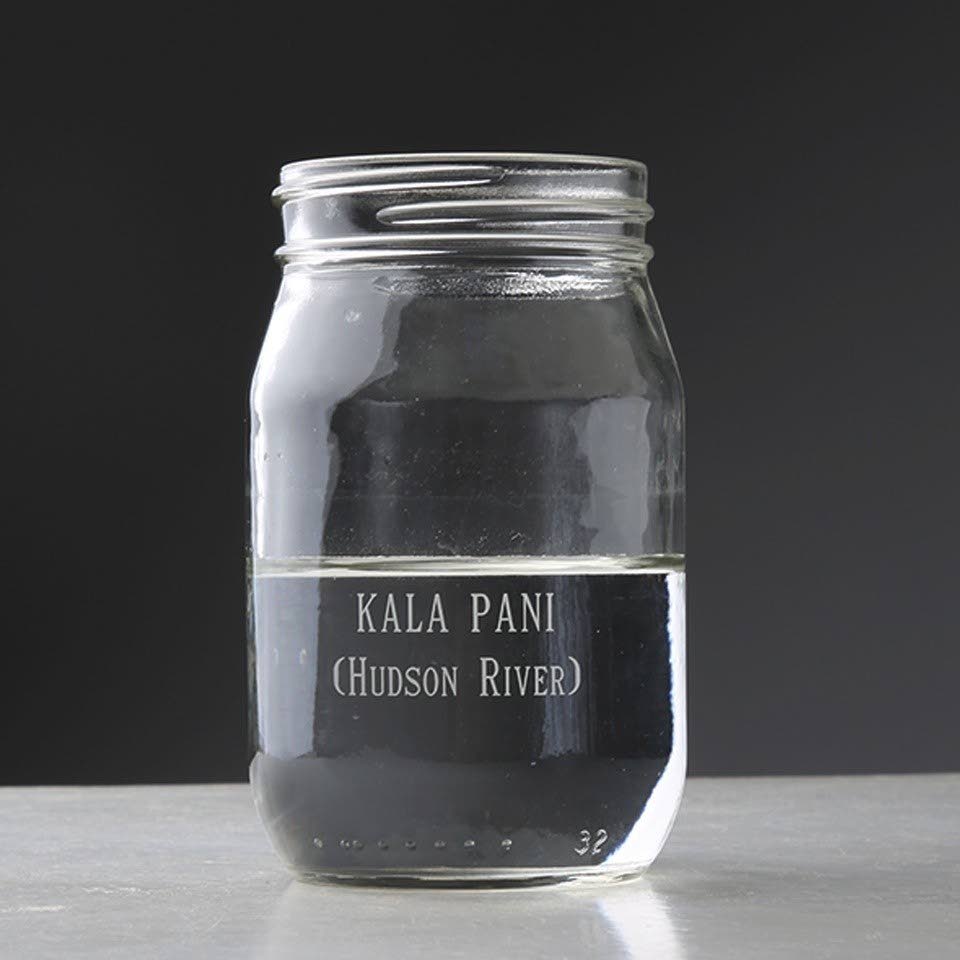Andil's rêvenir

THEY float, levitate, these rooms within rooms. The gallery has been divided. White, lacy curtains not only create a sense of intimacy, of romance, of dreams, they make silent compartments out of the echoing gallery space. Suggest the enigma of clouds. The effect is enhanced by the dim, dreamy light the artist has thrown onto the walls. The gentle sway of the ohrni-like fabric. Images glow behind this fabric, pictures are thus filtered, veiled, yet somehow made brighter, more colourful. Immediately, Trinidadian artist Andil Gosine suggests categories, compartments, dreams, the folds of personality that contain, conceal, convey powerful truths.
This is rêvenir, Gosine’s first show in the Caribbean. The French title signals the reach of his practice, suggesting a waking dream. The title also means to return, to recover, to reappear. It rests upon three installations each with its own story.
In one, called 1200 matches, no flame, we get a fishbowl filled with matchboxes. Each matchbox has a picture of French guy from Tinder deemed, at least by algorithm, a suitable match. It’s fun, it’s playful, but it ultimately reminds us how love can be both profoundly powerful yet also arbitrary. How no checklist of internet profile boxes can really capture who we are and how we feel. Or can it?
The next installation is a series of images with a counter-commentary pulled from the Muppet Show song – I’ll get you what you want. It’s random, but endlessly fascinating. There’s another story Gosine tells about it: the images were from a time he was dating a closeted person. At the start of this relationship, he could not take a photograph of this man, so he took photographs of nearby things around instead to memorialise their moments together. This story adds a deep poignancy to what the photographs capture, as well as what they do not.

But the third installation, called Stories, yields what is elsewhere hidden. It’s a video diptych showing Gosine kissing another man with an accompanying discussion about love. Both act for the camera at times, breaking the fourth wall by staring straight at the lens. The wall that is really broken, however, is the one that keeps LGBTQ persons invisible in this region. This piece marks a glorious departure for an artist who, in a recent essay for Newsday, wrote of his past difficulties in getting his family to accept his gay identity. It’s a story many of us know well, even as change is upon us.
I encountered Gosine for the first time in Belfast in 2016, where he was part of the groundbreaking Caribbean Queer Visualities show. His work is often deeply personal, even when it has an esoteric feel. It frequently engages ideas of exile and alienation, especially in the colonial context. This time, this encounter Artist's Talk: A Tender Exchange at Medulla Gallery, Woodbrook (where I’ll be engaging in an artist talk with him this week) feels very different. It’s powerfully immersive and deeply moving, sombre yet also unabashedly joyful. The veil has been lifted, the curtains parted. On until February 21.
About Andil Gosine
Andil Gosine grew up in George Village, Tableland, before moving with his family to Canada at the age of 14. He has subsequently lived in the United Kingdom, France and the United States, and is currently professor of artistic practices for social and environmental justice at York University, Toronto. A Commonwealth scholar, Gosine’s scholarship and artistic practice examine imbrications of ecology, desire and migration, and include numerous publications and multimedia projects. His previous exhibitions Deities, Parts I & II showed in New York in 2019, and Coolie Coolie Viens and All the Flowers in Canada in 2018. He is also curator of the forthcoming retrospective exhibition Wendy Nanan, which will open at the Art Museum of the Americas in Washington DC, in March. Gosine is currently completing work on his monograph, Nature's Wild: Love, Sex and Law in the Caribbean (Duke).
Installation view of one segment of Andil Gosine’s show, entitled rêvenir.


Comments
"Andil’s rêvenir"